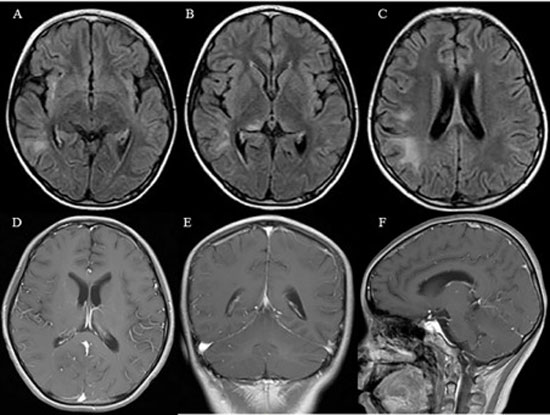Daijiworld Media Network - New Delhi
New Delhi, Oct 14: A startling new report by the World Health Organization (WHO) has revealed that one in every three people globally is living with a condition that affects the brain, while neurological disorders are now responsible for a staggering 11 million deaths annually.
The report, released Tuesday, identifies the top 10 neurological conditions contributing to death and disability: stroke, neonatal encephalopathy, migraine, Alzheimer’s and other dementias, diabetic neuropathy, meningitis, idiopathic epilepsy, neurological complications from preterm birth, autism spectrum disorders, and nervous system cancers.
Collectively, these conditions impact over 40% of the global population, yet WHO notes a severe lack of national policies and investment to address them. Shockingly, fewer than one in three countries have a national plan in place, and even fewer have dedicated budgets to support care, treatment, or research.

The disparity is especially stark in low-income countries, which have over 80 times fewer neurologists than their high-income counterparts. Many also lack basic infrastructure like stroke units, pediatric neurology services, rehabilitation centres, and palliative care, especially outside of major cities.
“With more than 1 in 3 people in the world living with conditions affecting their brain, we must do all we can to improve the health care they need,” said Dr Jeremy Farrar, WHO’s Assistant Director-General for Health Promotion and Disease Prevention. He emphasized that many neurological disorders are preventable or treatable, but in too many places, services remain inaccessible, especially in rural and underserved areas, where stigma and financial hardship worsen the situation.
Of the 102 countries surveyed for the report, 63 acknowledged having a national neurological policy, but just 34 have any funding to implement them. Additionally, only 49 countries include neurological conditions in their universal health coverage (UHC) benefit packages, leaving millions to face steep medical costs or go without care altogether.
The WHO is calling on governments worldwide to prioritise brain health, urging bold leadership and sustained investment in care infrastructure. The organization also advocates for stronger universal health systems, better integration of neurological services, and improved training and distribution of specialists to ensure care reaches even the most remote populations.
Without urgent global action, WHO warns that neurological disorders will continue to exact a growing human and economic toll — especially in countries least equipped to respond.